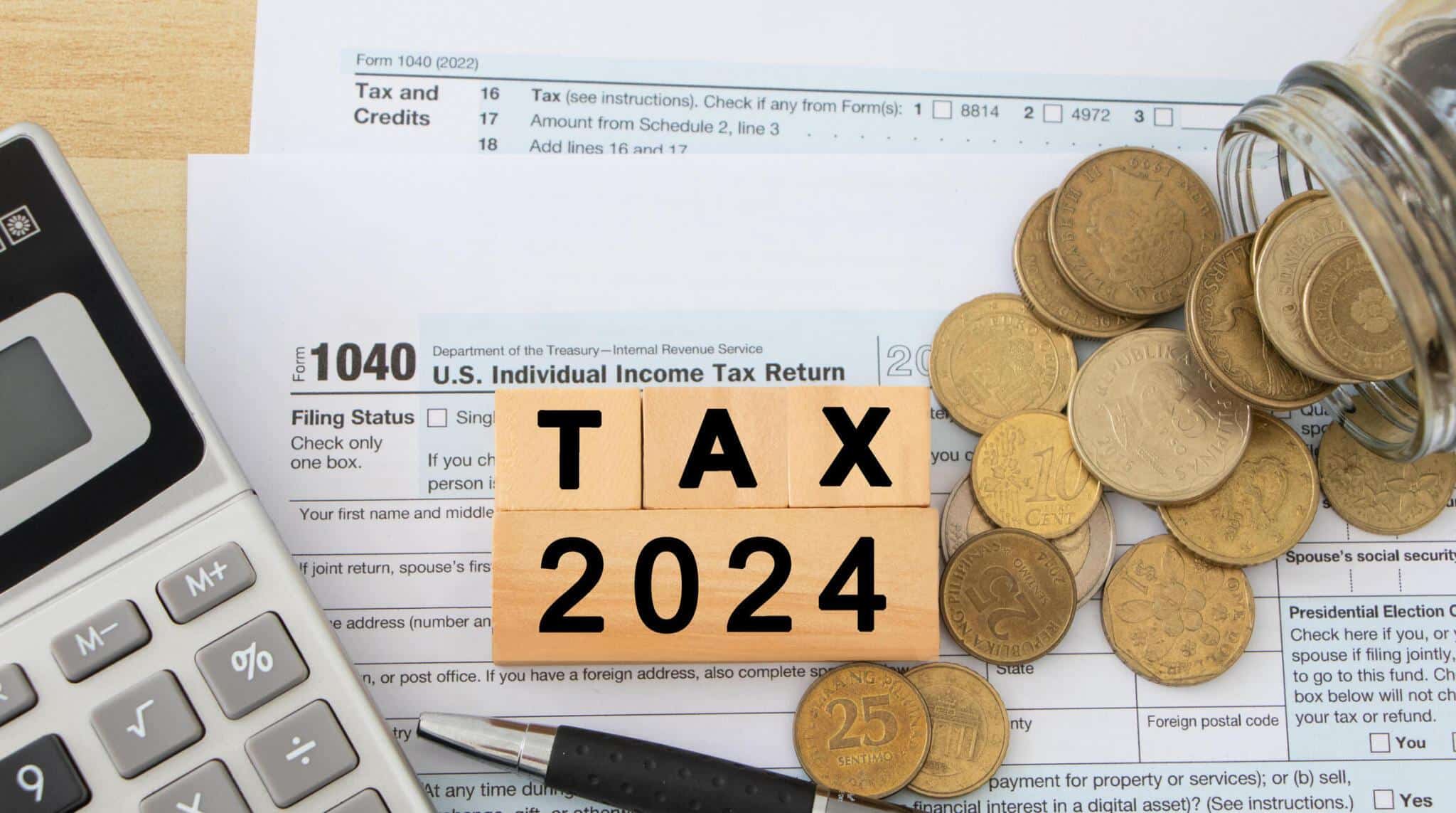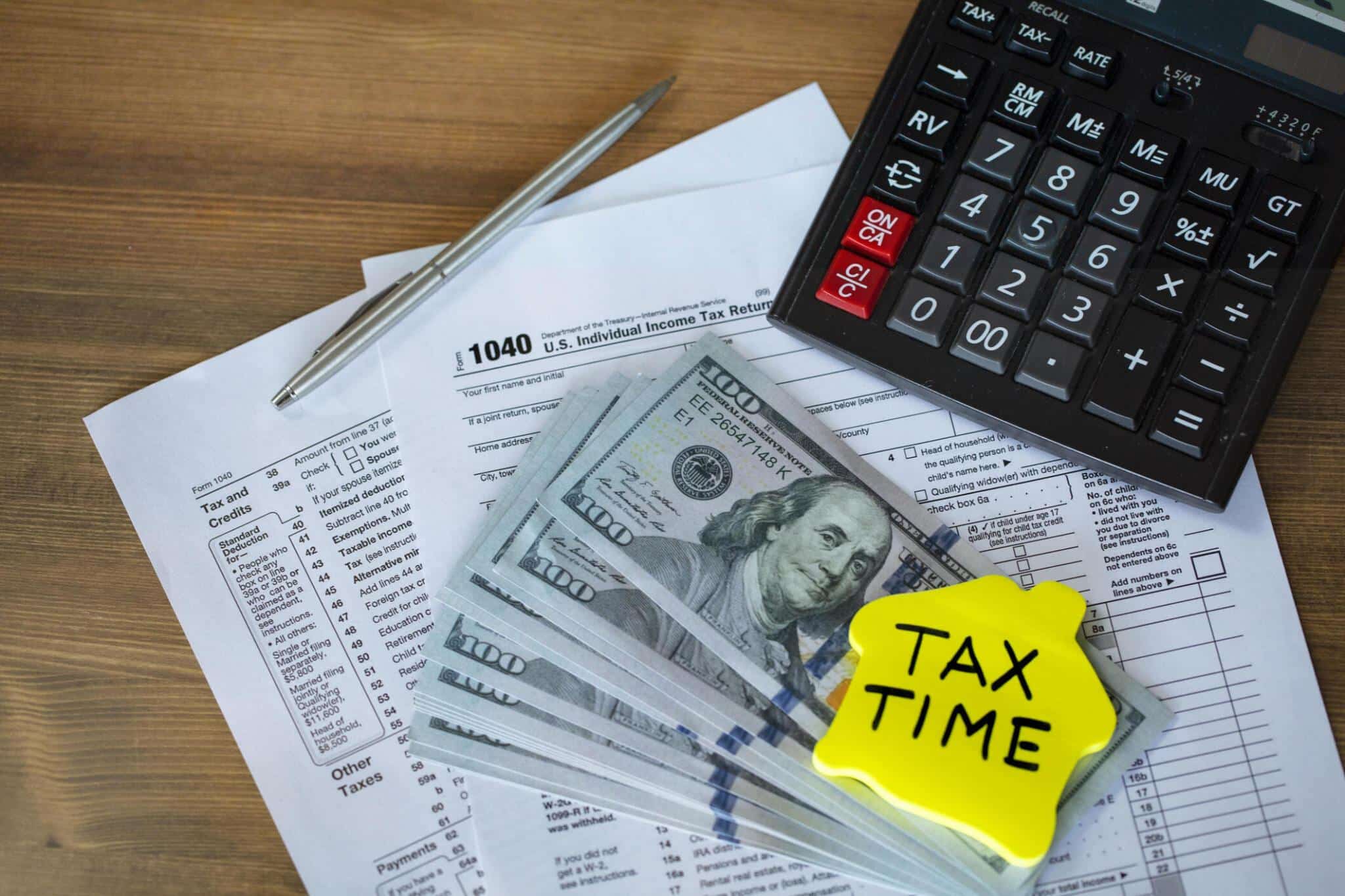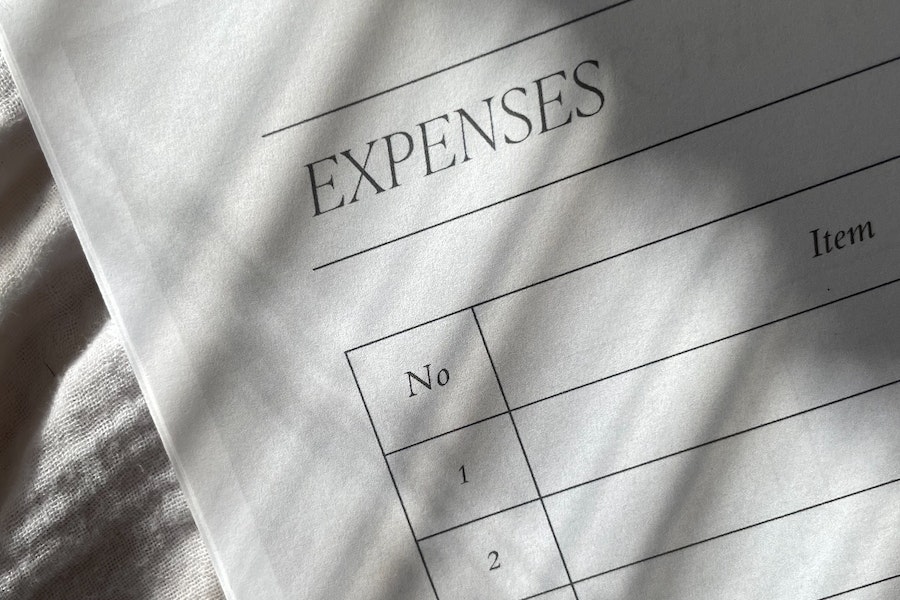Nothing is certain in life except death and taxes. When you’re a business owner, one of the extra taxes you will have to think about is Fringe Benefits Tax.
Here are some key things you need to know about this tax and how it applies to small businesses:
- What is Fringe Benefits Tax?
According to the Australian Taxation Office (ATO), FBT is a tax that employers pay on certain benefits that they, the employer, provide to their employees or their employees’ families.
Fringe benefits tax is calculated on the taxable value of the fringe benefits provided.
Employers are required to self-assess their FBT liabilities and submit them when they do their tax returns each year. It can be confusing, so it is best done with the help of an experienced tax accountant.
- What counts as a fringe benefit?
The ATO describes a fringe benefit as being like a payment to an employee but in another form outside of salary or wages.
The tax office lists the following examples:
-
-
- allowing an employee to use a work car for private purposes
- paying for employee car parking
- paying an employee’s gym membership
- providing entertainment by way of free tickets to concerts
- reimbursing an expense incurred by an employee, such as school fees
- giving an employee a discounted loan
- giving benefits under a salary sacrifice arrangement with an employee.
-
Just as important are things that are not considered fringe benefits.
According to the ATO, these include:
-
-
- salary and wages
- employer contributions to complying super funds
- shares or rights provided under approved employee share acquisition schemes
- employment termination payments (including, for example, the gift or sale at a discount of a company car to an employee on termination)
- payments deemed to be dividends under Division 7A
- benefits provided to volunteers and contractors
- exempt benefits, such as certain benefits provided by religious institutions to their religious practitioners.
-
- Who receives fringe benefits?
Fringe benefits can be received by your employees, their family members or other associates.
Your clients don’t count as employees so any benefits you give them, such as entertainment, do not qualify as fringe benefits.
If you’re a sole trader or if you operate a partnership, benefits you provide to yourself as a sole don’t count as you are not considered an employee.
- Electric car exemption
It’s always worth staying in touch with your accountant so you can be aware of FBT changes and exemptions. For example, as of 1st July 2022, the ATO introduced an FBT exemption on electric cars.
This means that you don’t have to pay FBT at all on eligible cars you supply to your employees.
To be eligible, the car needs to meet these conditions:
-
-
- It must be a zero or low-emissions vehicle
- The first time the car is both held and used should be on or after 1 July 2022
- The car must be used by a current employee or their associates (such as family members)
- A luxury car tax (LCT) has never been payable on the importation or sale of the vehicle
-
- How do you work out what to pay and minimise your FBT payments?
As an employer, it is up to you to report your FBT every year, with the help of your accountant. While the regular end of financial year is on June 30th, the FBT year finishes up on the 31st of March so you will need to report your activity yourself or work with your accountant to do so.
The ATO has an extensive list of what you need to do, including:
-
-
- Identifying the types of fringe benefits you provide
- Checking for concessions
- Working out the taxable value of fringe benefits you provide
- Calculating your liabilities
-
There is a lot of information on the ATO website, but if you are busy operating your business, it makes sense to hand responsibility to a skilled and experienced accountant. If you have ongoing support with tax accounting, you can keep records of fringe benefit-related expenses and they can use them to compile reports at tax time.
Your tax accountant can also let you know if fringe benefits taxes are adding up and costing your business too much. In these circumstances, it may make sense to find other ways to reward your employees.
Contact Mobbs & Co for help managing your fringe benefits and other tax requirements. We operate in Brisbane, Caboolture and on the Sunshine Coast.










